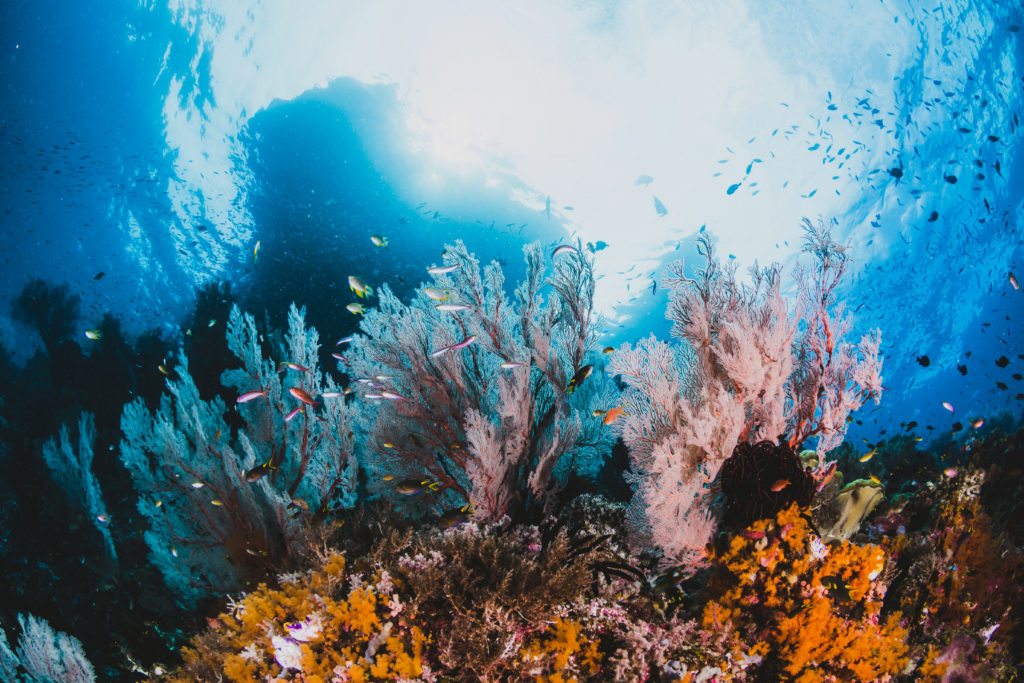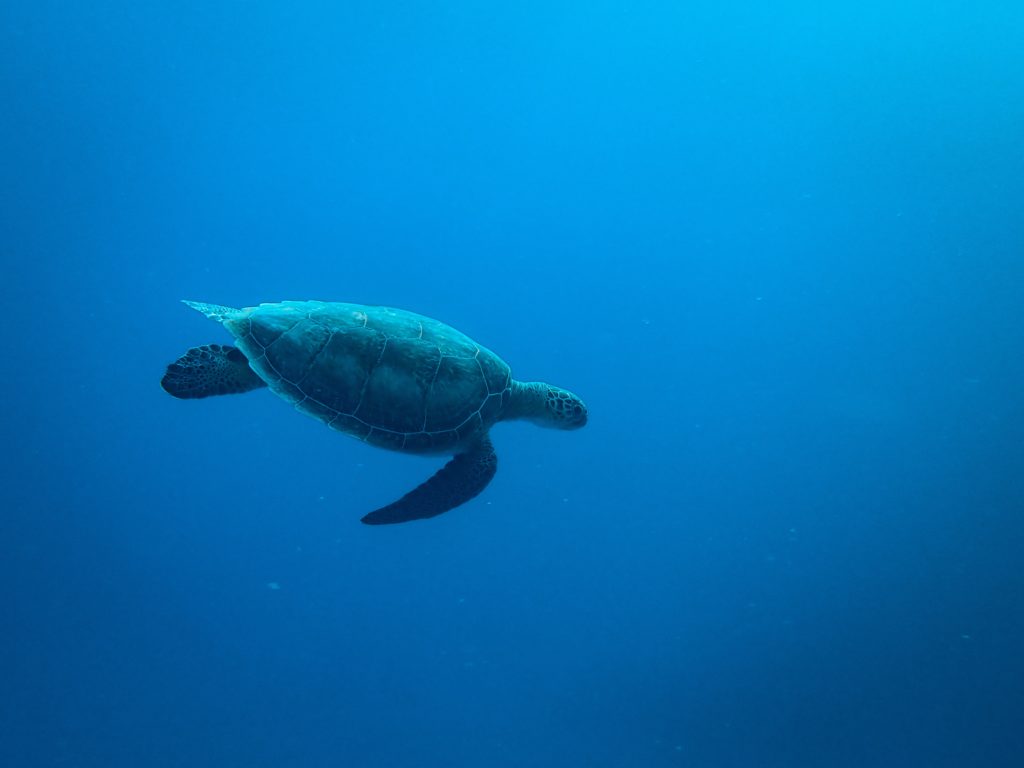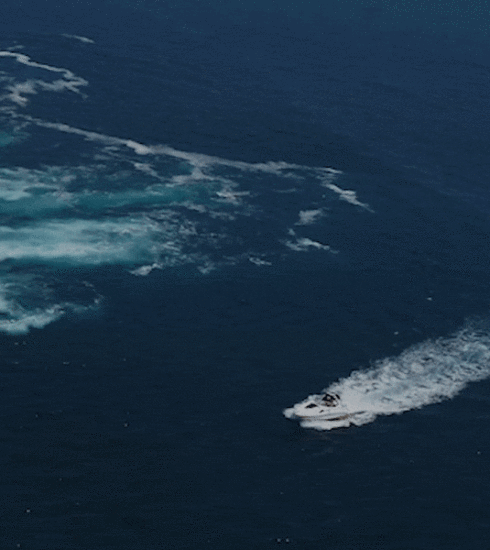World Oceans Day
For whatever we lose (like a you or a me), it’s always ourselves we find in the sea.
E. E. Cummings
Do you remember how you felt the first time you saw the sea? Maybe you were captivated by its color; by the shells that you collected from its shores; by the marine life that you had the opportunity to see closely; by the sway of its waves or its salty taste; or perhaps by its power to bring peace of mind. That’s right, the oceans have given us more than we think, and, for this reason, the General Assembly of the United Nations has celebrated World Oceans Day every June 8th since 2009.
Ocean equals life

We could say that “we know the sea”, but … not exactly. A lot of mysteries and secrets inhabit its depths, and yet, why are we so linked to it?
All the oceans (Pacific, Atlantic, Indian, Arctic, and Antarctic) influence our daily lives in an unimaginable way since they cover more than 70% of the Earth’s surface and have 97% of the surface water. We are a BLUE planet, which, translated into facts, means that:
- The oceans are the most important source of vapor in the atmosphere and where the water cycle begins.
- Seawater absorbs gases from the atmosphere, mainly oxygen, and carbon dioxide. This is very important, as sea creatures need oxygen to survive, and as long as carbon dioxide remains in the ocean, global warming is controlled in a better way.
- All oceans are interconnected and connected with rivers and lakes around the world; the result is a distributed heat and fewer drastic changes in climate across the Earth. For example, winters could reach hundreds of degrees below zero, and summers could have literally boiling waters, but this does not happen thanks to the combination of warm and cold waters that regulate the temperature.
- The number of living beings inhabiting oceans is higher than the terrestrial ones. For example, coral reefs have the greatest diversity of life forms than any other place in the world. Impressive, right?
- They are an essential part of the food chain.
To summarize, life as it is and as we know it would not be possible without the oceans. This is why it is so important to understand and respect them because by damaging them, we actually damage ourselves and future generations.
How can I contribute to ocean protection?
World Oceans Day aims to create a stronger awareness of taking care of the oceans and unite the world to support this cause. However, this can happen any day of the year. There are many easy ways to contribute, here we give you some ideas:
- Follow the 3 Rs – Reduce, Reuse, and Recycle. Lower your energy consumption and your carbon footprint.
- Consume marine products responsibly; for example, if you realize that a restaurant offers in an endangered species on its menu, report it. Unfortunately, there are many overexploited species on the market today, and not just for edible purposes.
- Avoid the use of plastics.
- When you practice any activity or water sport, try to use biodegradable and sustainable materials. Explore without interfering with wildlife!
- Every time you visit a beach, avoid throwing waste into the sea and pick up some trash that you find.
- Don’t throw pet waste down the pipes, and also, if you have fish at home, choose freshwater species.
- Dig into this topic to appreciate it more! Everything that happens outside and inside the oceans is captivating.
Another notable practice is supporting a group, organization, or foundation, either by participating in their activities or by donating. These are just a few that may inspire you, but there are many more:
Created in 2001, it has succeeded in more than 100 projects, as well as has protected more than 1 million square miles of ocean.
One of the most internationally known organizations that aim to protect the oceans and the planet in general. “A green and peaceful future”.
A community that supports and promotes the different organizations that seek to stop the ocean’s damage.
On your next visit to the ocean…
The oceans are the heart of the planet, the guardians of thousands of creatures and microorganisms that help us survive. The next time you are near the sea, be aware of this and remember the practices you can do to protect it. Your eyes will open to a new perspective, and you will see how its breeze becomes more welcoming, its blue color more intense, the sound of its waves as true music to our ears, and its apparent calm as spiritual medicine.

Share with us your most memorable experience with the sea. We would love to hear from you!




